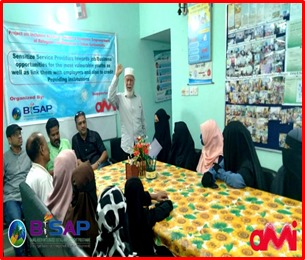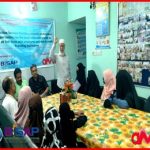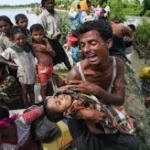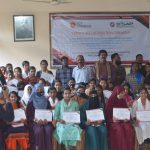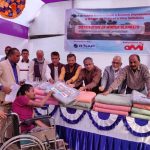Welcome to BISAP Bangladesh
“Since its establishment in 1989, BISAP has been at the forefront of enhancing the quality of life for underprivileged populations by implementing diverse programs and advocating with government bodies and development partners to ensure a better and more sustainable future for its target communities.”
Advancing Climate Justice for Sustainable Futures
Advancing climate justice by empowering stakeholders to develop inclusive policies, address environmental challenges, reduce emissions, and foster sustainable practices, emphasizing resilience, community empowerment, and collaborative action for a fairer, greener future
Fostering Resilience with Sustainable Environmental Action
Environment is one of the three pillars of sustainable development and is particularly important for the poor, who are more vulnerable to natural resource degradation, pollution and ecological disasters.
Community Health
BISAP delivers vital Healthcare and Nutrition support to vulnerable communities especially women & children in Refugee Camps and Urban Settlements, promoting preventive health, eye care, balanced nutrition, and child well-being.
Gender Equality
Gender equality, a fundamental human right, is vital for peaceful societies, unlocking human potential and driving sustainable development. Empowering women boosts productivity, accelerates economic growth, and fosters inclusive progress for a brighter, equitable future
Building Capacity and Empowerment
Beneficiaries enhance their technical capacity through gender-inclusive training in machine operation, cutting, sewing, embroidery, screen printing, roller printing, and ICT. These initiatives empower vulnerable women, fostering skills, knowledge, and confidence while promoting closer community engagement and sustainable livelihoods.
Reduce Child Abuse & Prevent Child Trafficking
Children are often denied education, family life, and the joys of childhood due to extreme poverty, forcing them into labor for family survival. Child trafficking, globally recognized as a heinous abuse, represents a blatant violation of human rights.
Fighiting Food insecutity
Addressing food insecurity by empowering vulnerable communities through innovative solutions, sustainable agriculture, and capacity building to ensure lasting access to nutritious food, fostering resilience and a healthier future for all.
Human Right Good Governance
Human rights are vital for sustainable development and peaceful democratic transitions. Violations, like denying participation in public affairs, hinder progress. Transparency and participatory processes empower citizens to voice concerns, pursue solutions, and safeguard their fundamental rights effectively.
Carbon Credit
The situation regarding Carbon Financing operations through greater awareness of financing opportunities, building national and local understanding of the requirements for project development, and helping to identify and develop Potential projects through Carbon Credit.
Prevention of HIV/STI/AIDS
HIV/AIDS has transcended public health concerns, becoming a critical socio-economic and developmental challenge requiring urgent action. Media serves as a powerful tool to educate and inform diverse populations about prevention, control, and eradication, raising awareness and reducing transmission risks effectively.
Nature Based Solutions
The Millennium Ecosystem Assessment underscores the environment’s vital role in global livelihoods through its goods and services. It provides four key services: provisioning (food, water), regulating (climate, disease), and cultural (spiritual, recreational), and supporting (soil formation, primary production).
Disaster Mitigation and Preparedness
Knowledge, awareness, resources, and an efficient framework are vital pillars of community preparedness against natural disasters, enabling proactive risk reduction, timely response, and resilience-building to safeguard lives and livelihoods. Prevention and mitigation measures may reduce the vulnerability and hazard while occurrence of natural disasters remains unavoidable.
Our Some Activities
OUR Programs
Some of Our
Previous Success Project
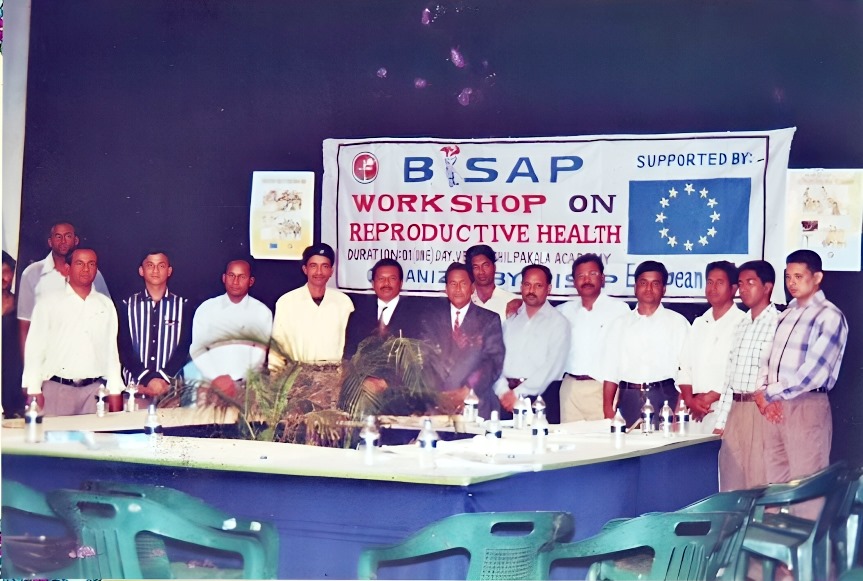
Coordinated Afford to Address the COVID-19 Pandemic and Future Public Health Emergencies in Urban-Slum of Chattogram Coastal Region
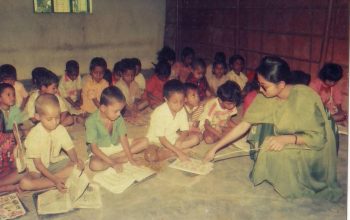
Non-Formal Basic Education Program for Unschooled and Dropout Children in Refugee Camps and Urban Settlements
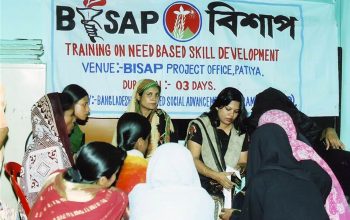
Vulnerable women are being equipped with the necessary skills and resources to help them establish their own entrepreneurial ventures, fostering self-reliance and economic stability.
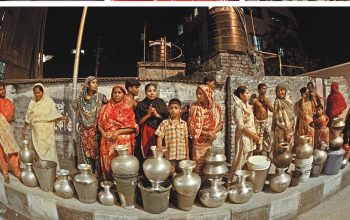
Water & Environmental Sanitation (WASH):
Communities come together at designated Water Points, ensuring access to clean, safe drinking water while fostering a sense of unity and shared responsibility for hygiene and environmental well-being. These water points serve as vital hubs, not just for collecting water, but also for promoting awareness on sanitation, hygiene practices, and sustainable water management, ultimately improving community health and resilience.
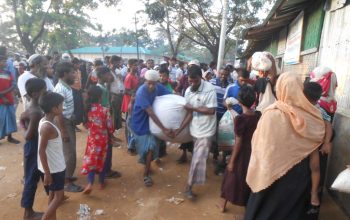
BISAP’s Food Aid Distribution: A Lifeline for Rohingya Refugees in Crisis In the face of adversity, BISAP stands as a beacon of hope, delivering lifesaving food aid to Rohingya refugees struggling for survival. This initiative not only addresses immediate hunger but also fosters dignity, resilience, and well-being among displaced families. By ensuring access to nutritious meals, BISAP plays a crucial role in alleviating suffering and restoring hope in one of the world’s most vulnerable communities.
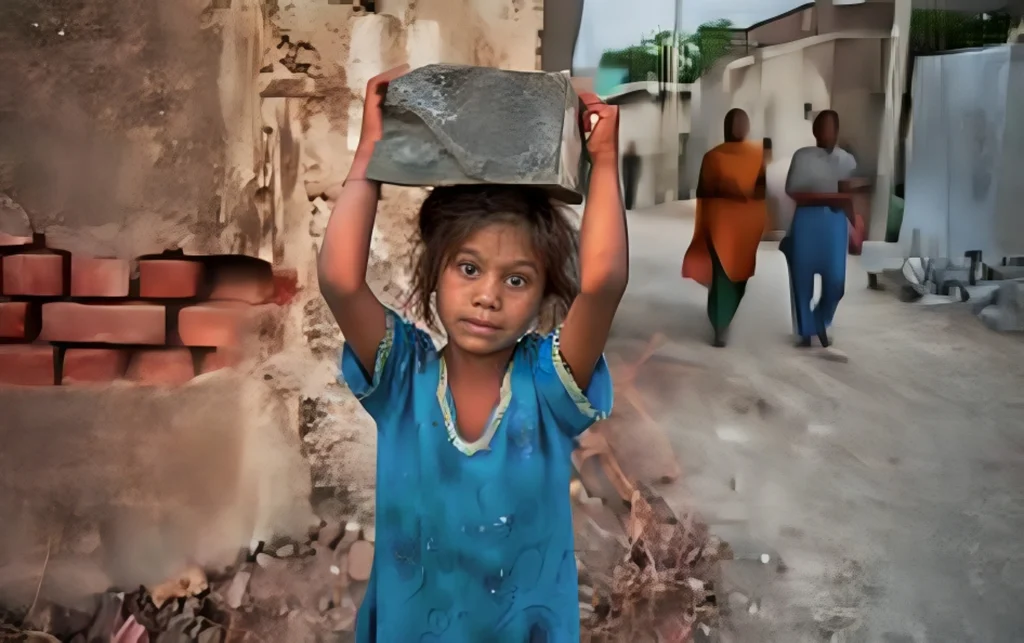
BISAP’s Mission to End Hazardous Child Labour in Bangladesh BISAP has launched a transformative initiative to eradicate hazardous child labor in the Chittagong coastal region, ensuring a safer and brighter future for vulnerable children. Through targeted interventions, the project focuses on the withdrawal, protection, and rehabilitation of at least 3,480 children, providing them with access to education, vocational training, and social support systems. Implemented in a systematic and time-bound approach, this initiative aims to break the cycle of exploitation, empower children with new opportunities, and contribute to a child-labor-free future in Bangladesh.
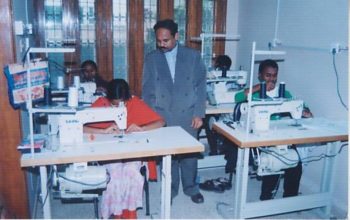
BISAP has successfully implemented the Capacity and Environment Enhancement Programme, a transformative initiative aimed at fostering a more worker-friendly environment within the garment industry. Through this program, BISAP has strengthened workplace conditions, promoted fair labor practices, and enhanced the well-being of both garment workers and industry stakeholders. By addressing key challenges such as occupational safety, skills development, and worker-management relations, the initiative has contributed to a more sustainable, inclusive, and productive garment sector.

This initiative addresses the escalating climate vulnerability faced by coastal communities in Bangladesh, where erratic weather patterns threaten livelihoods tied to agriculture and fishing. With increasing climate-induced disasters, many individuals are displaced as climate refugees. The project aims to raise awareness, enhance resilience, and promote sustainable adaptation strategies to mitigate these impacts.
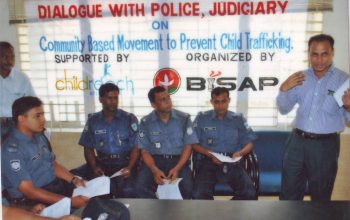
BISAP has successfully completed a 3-year project on “Community-Based Movement to Prevent Child Trafficking,” making a significant impact in the border areas of Jessore and Satkhira districts. The project’s community mobilization efforts proved highly effective in reducing trafficking incidents. By actively involving key stakeholders—including government officials, law enforcement, media, educational institutions, local communities, and children—BISAP fostered collaboration across sectors, ensuring a comprehensive approach to prevention and achieving the desired outcomes. This collective effort has been instrumental in creating safer environments for vulnerable children in these regions.
Frequently Asked Question!
BISAP is the acronym of “Bangladesh Integrated Social Advancement Programme”. It is a non-political, non-profitable, secular and non-government development organization. It came into existence in 1989 in response to the felt-needs of the area of the poor and hard core people especially problems of endemic poverty which manifest in landlessness, unemployment, illiteracy, malnutrition and vulnerability to frequent natural disaster by the active initiative of local social workers, philanthropists and educationists with a view to alleviating poverty through empowerment, education and resource mobilization for improving their life and livelihood and innovating appropriate development strategies to lead the programme towards sustainability.
BISAP is registered with NGO Affairs Bureau, Government of Bangladesh under Foreign Donation (Voluntary Activities) Regulation Rules, 1978 & Foreign Contribution (Regulation) Ordinance, 1982, Vide Registration Number FD-659
The organization has an independent Monitoring & Evaluation Cell for overall follow-up, monitoring and periodical evaluation of programmes and activities & its Team Members. The section is responsible to develop, monitoring & appraisal tools, analyze it and apprise the management of its findings and recommendations.
Yes, BISAP have its own HR Manual which is being followed. Besides, BISAP have its own Accounts Policy , Organization Operational Guidelines, Child Protection Policy, Gender Policy & others program policies.
Yes, BISAP has a 7 Member’s Executive Committee as well as 32 Member’s General Council and 5 members advisory committee consisting of development experts who used to advise the executive committee from time to undertake approprite policies and guidelines for significant program achievment.
These are just a few of our development partners
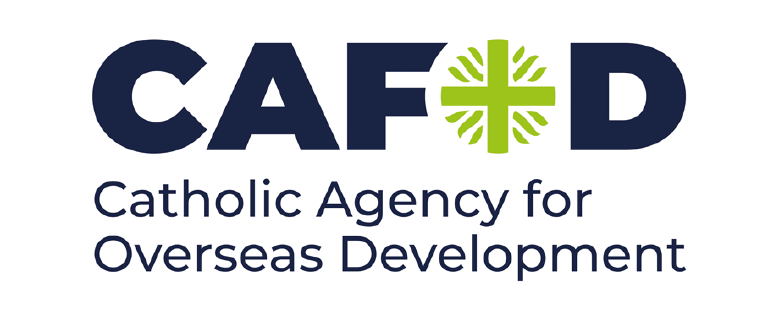
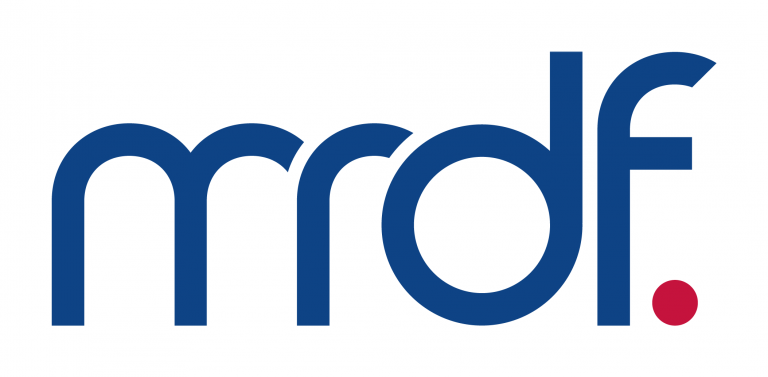


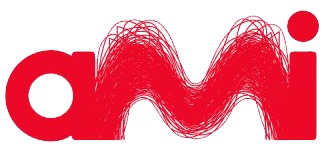
Get In Touch
+88017409-95872
+8801814-427016
bisapbd@gmai.com
info@bisapbd.org
House # 02, Road # 01, Lake Valley Residential Area, Nuria Madrasha Road, Foy’s Lake, Khulshi – 4225, Chattogram, Bangladesh.

